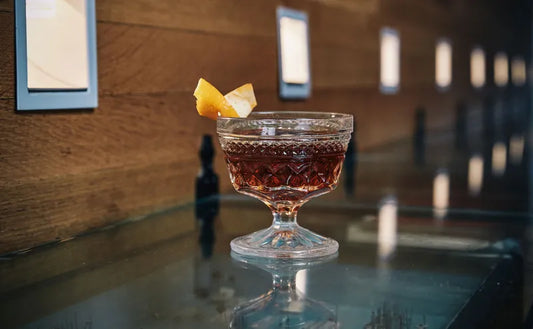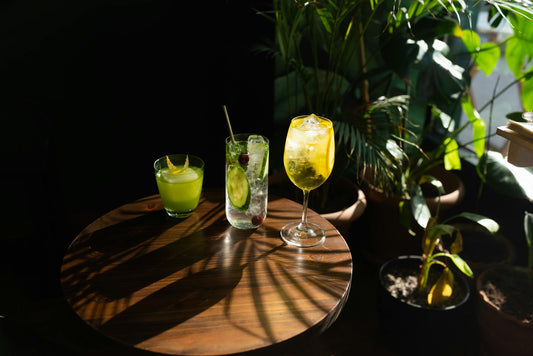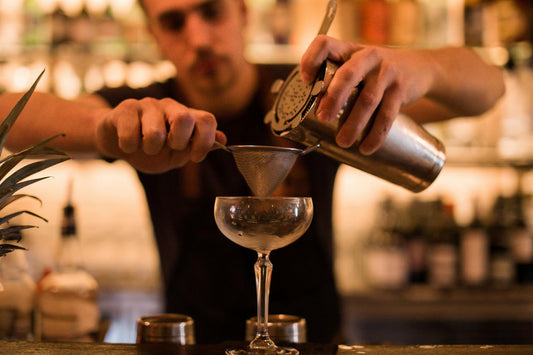Canchànchara: A Refreshing Cuban Cocktail with Rum & Lime
SWEET to SOUR
(1-10)
STRENGTH
(1-10)
CALORIES
STANDARD
DRINKS
Note: these values are approximate and may vary dependent on the ingredients and brands you use.
More information...
Canchànchara is a delightful cocktail that hails from the vibrant culture of Cuba, embodying the island's rich history and love for rum. This drink is a perfect representation of the tropical flavors that characterize many Cuban beverages, combining the sweetness of honey with the tartness of fresh lime juice and the smoothness of light gold rum. The cocktail is not only refreshing but also carries a certain depth that makes it a favorite among rum enthusiasts.
The ingredients of Canchànchara are simple yet effective. It calls for 60 ml of light gold rum, which is typically aged between one to three years. This type of rum is known for its light, molasses-based flavor profile, which serves as a perfect base for the cocktail. The addition of 15 ml of freshly squeezed lime juice introduces a zesty brightness that cuts through the sweetness of the honey syrup, which is made from a mixture of three parts honey to one part water by weight. This honey syrup adds a rich, floral sweetness that complements the other ingredients beautifully.
To prepare Canchànchara, one must first select and pre-chill an Old-fashioned glass, which is a nod to the cocktail's classic roots. The preparation involves shaking all the ingredients with ice, which not only chills the drink but also helps to blend the flavors harmoniously. After shaking, the mixture is strained into the ice-filled glass, and a lime wedge is used as a garnish, adding a visual appeal and a hint of extra citrus aroma.
With an alcohol strength rated at 7 out of 10, Canchànchara is a moderately strong cocktail, boasting an alcohol content of 18.58% by volume. This makes it a suitable choice for those looking to enjoy a drink that is both flavorful and potent without being overwhelming. Each serving contains approximately 180 calories, which is relatively moderate for a cocktail, making it a reasonable indulgence for a night out or a relaxing evening at home.
The taste profile of Canchànchara leans towards the sweet side, thanks to the honey syrup, but the fresh lime juice balances this sweetness with its tartness, creating a well-rounded flavor experience. This balance is crucial, as it prevents the drink from becoming overly sweet, allowing the drinker to appreciate the nuances of the rum and the freshness of the lime.
Canchànchara is not just a drink; it is a cultural experience. It is often associated with the traditional Cuban way of life, where rum is a staple and cocktails are enjoyed in social settings. The drink's origins can be traced back to the rural areas of Cuba, where it was traditionally made by farmers and enjoyed after a long day of work. This connection to the land and its people adds an interesting layer to the cocktail, making it more than just a refreshing beverage.
In conclusion, Canchànchara is a cocktail that encapsulates the essence of Cuba with its simple yet flavorful ingredients. It is a drink that invites you to savor the moment, whether you are enjoying it on a sun-soaked beach or in the comfort of your home. Its combination of light rum, honey, and lime creates a delightful balance that is sure to please any palate, making it a must-try for cocktail lovers.



